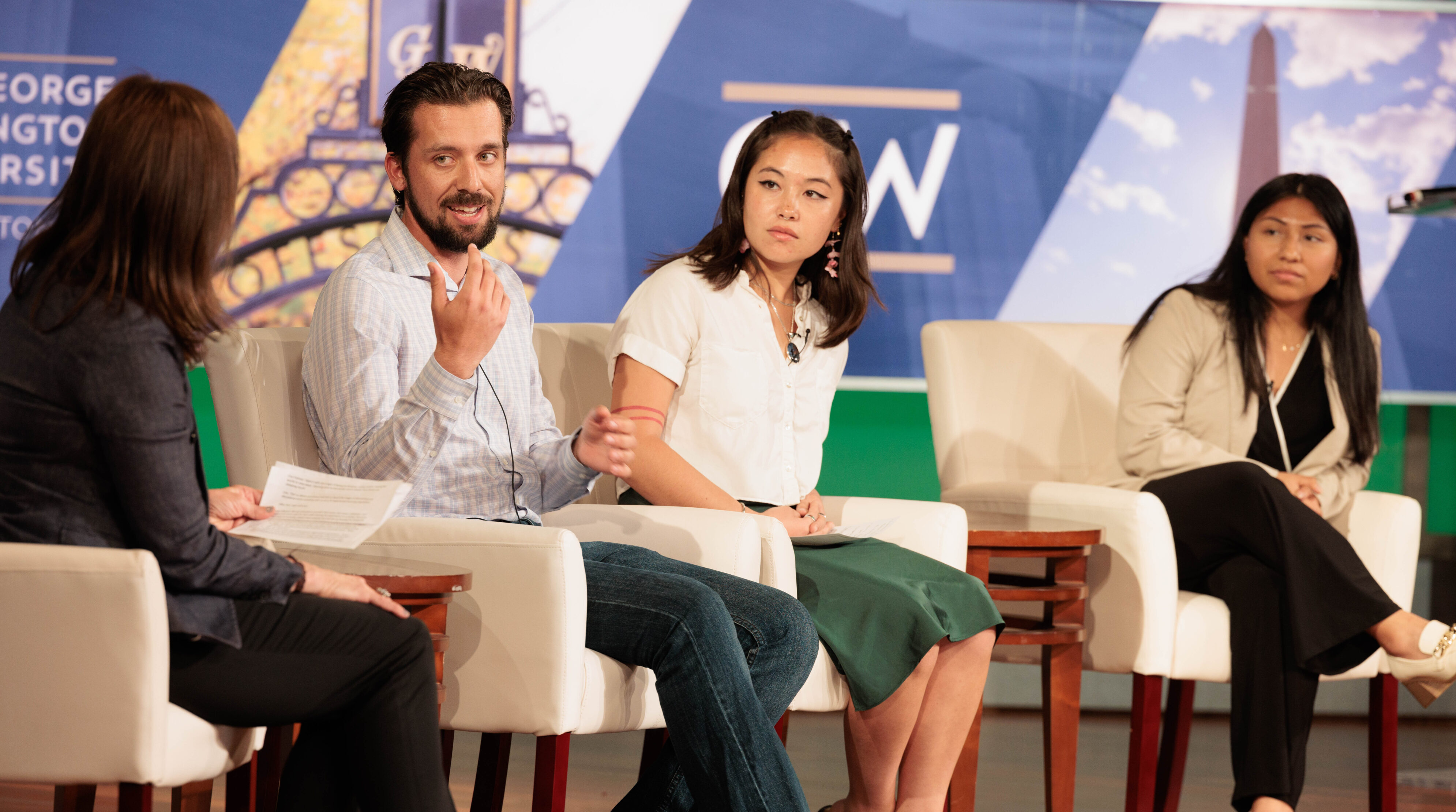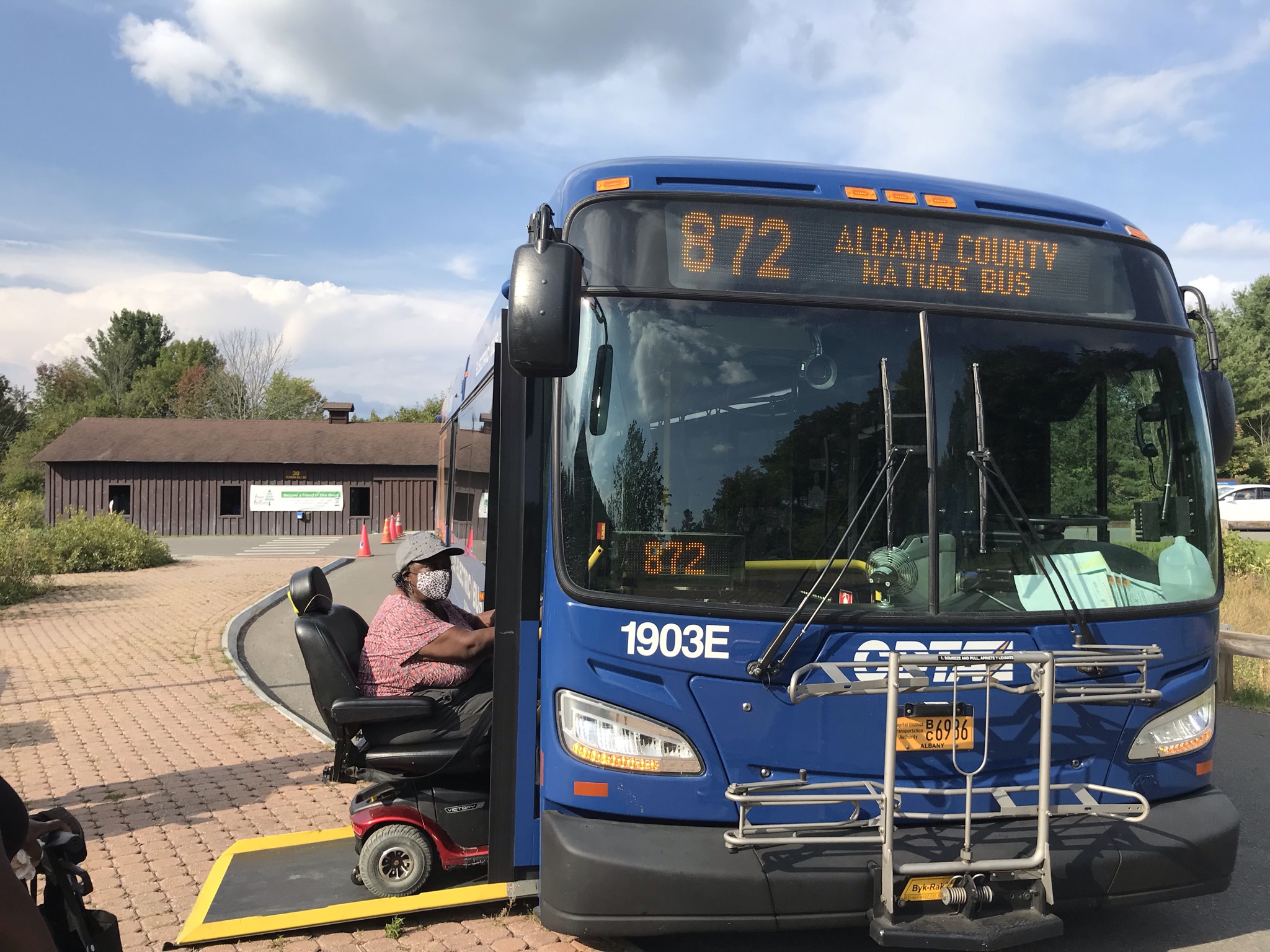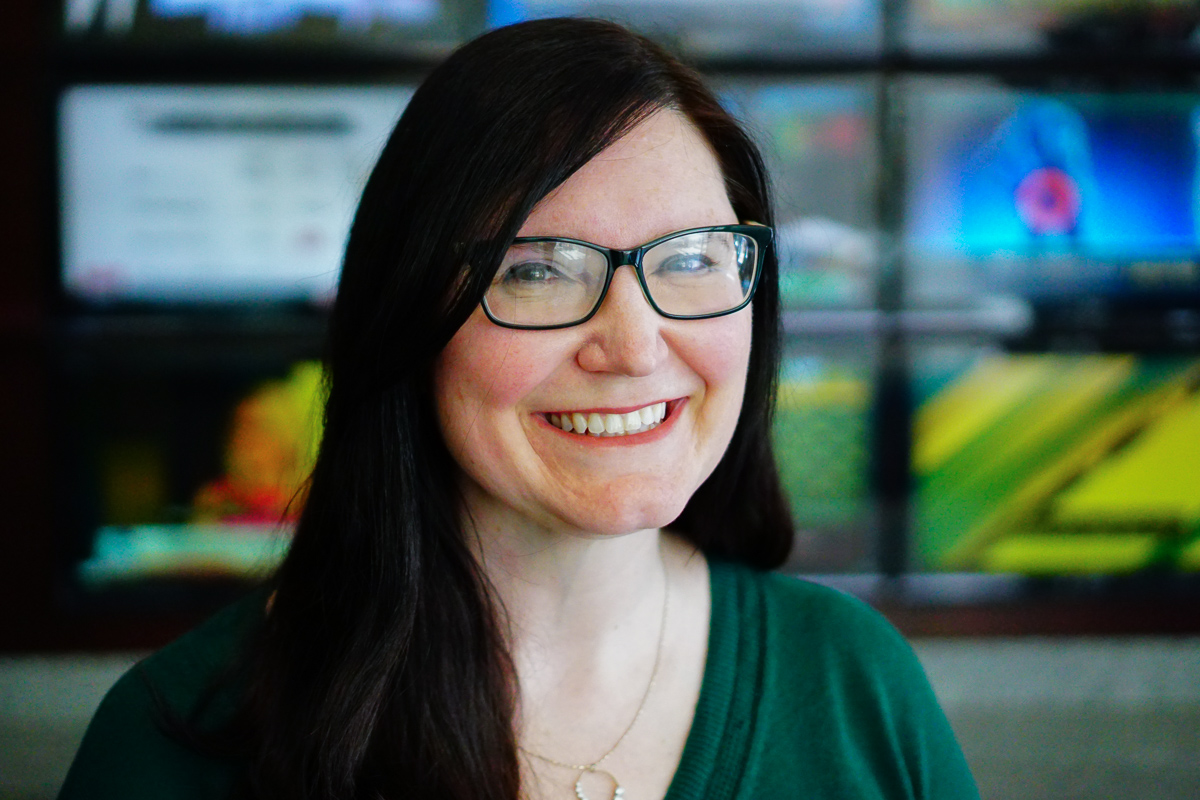Glendale Community College: A Culture of Sustainability
This video is an entry in a contest we’ve launched with Second Nature’s Climate Leadership Awards. See below for how you can vote for it.
See more entries in this contest
Comprehensive Commitment: A Culture of Sustainability
At Glendale Community College (GCC), we believe a comprehensive commitment is necessary to achieving carbon neutrality. Focusing on only new buildings and green programs alone will not bring success. All stakeholders must be engaged; all ideas considered; new initiatives must be regularly communicated; and our successes celebrated. At GCC, our comprehensive commitment has sparked sustainable efforts at multiple levels across our multiple campuses and the efforts have enjoyed tremendous success.
GCC acknowledges that true sustainability requires more than just our campus efforts – it is fostering sustainability for future generations. The comprehensive commitment approach is our policy, and it has reshaped our values, guided our actions and changed our culture.
Culture defines us as a civilization, society, nation and institution. Culture is enduring and brings about change. Culture facilitates improvement and progression toward a common goal, yet can also present a formidable form of inertia. An ethical catalyst is essential to directing positive cultural change and to achieving and sustaining any commitment. The catalyst that propelled GCC into sustainable behaviors is our approach, which we term “comprehensive commitment.”
At GCC, basic conservation principles have been in practice since the college’s founding in 1965. Following voter approval of a capital bond in 2004, the college began upgrading its infrastructure and designing facilities to LEED standards. In 2008, the sustainability revolution began in earnest. Led by a core of faculty, the college formed the Green Efforts Committee and students reinitiated an Environmental Club. This grassroots effort blossomed, and following the signing of the ACUPCC by Dr. Rufus Glasper, Maricopa Community College District Chancellor in 2010, the values of our campuses started to change. Increasingly, symbols of our desire to become a sustainable college began to be commonplace practice. Among these were increased recycling, the use of green chemicals and fertilizers, the addition of environmental awareness in the curriculum, including sustainability as a goal in the college’s Strategic Plan, the energy efficient scheduling of facilities and engagement in numerous awareness activities – many of them national events.
Reviewing GCC’s progress, we discovered something was still missing: a catalyst to move the sustainability agenda forward. We wanted sustainability to become more than a collection of independent efforts, a series of policies and economic decisions or a single document signed by the administration. We wanted sustainability to become a component of our daily language and actions: a commitment and a part of our culture. We wanted to become carbon neutral by 2025.
In October 2011, under the leadership of President Dr. Irene Kovala, and in a public forum, administrators, faculty, staff and students signed the ACUPCC pledge. Not only did this simple act unify all stakeholders and announce to our local community that GCC is committed to sustainability, initiatives at the college became more widely known and the sustainability agenda accelerated. More than 30 of GCC’s sustainability initiatives are listed on the Green Efforts webpage at www.gccaz.edu/greenefforts/15735.htm.
GCC will continue to raise awareness and establish a greater sense of pride in the college’s sustainability programs. The ACUPCC has invigorated faculty, staff and students to do more, to explore, to innovate and to take action to achieve a zero carbon footprint by 2025. We recognize that achieving this goal will be challenging, yet we will continue to embrace the learning, collaborative and innovative opportunities on this journey. Our values, our actions and our campus culture will demonstrate our comprehensive commitment to sustainability.
THAT is what comprehensive commitment looks like and we’re on it!



















